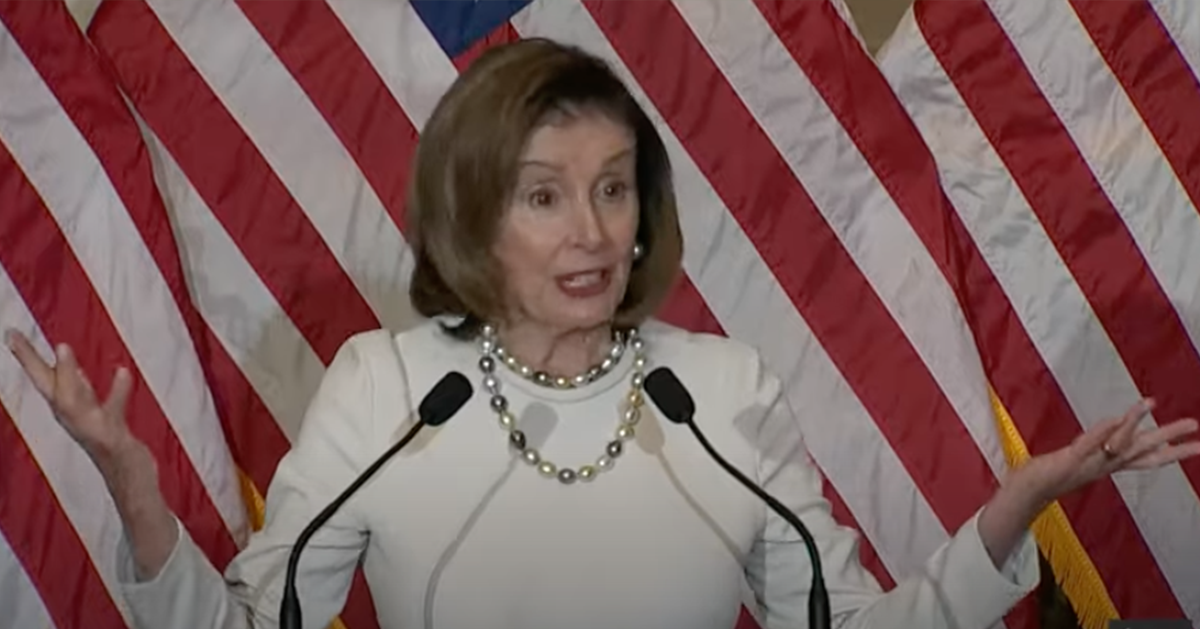Security clearances revoked for anti-Trump political figures in major shake-up
Director of National Intelligence Tulsi Gabbard has taken the significant step of revoking security clearances from a number of well-known political figures, including former President Joe Biden, following a directive from President Donald Trump.
In a significant move, Gabbard announced a host of security clearance removals aimed at barring former political leaders like Biden and other critics of the current president from accessing classified information, as Fox News reports.
The decision was explicitly outlined by Gabbard in a statement on the social media platform X. She indicated that the revocation affected many prominent individuals, among them former Vice President Kamala Harris, Hillary Clinton, and certain other key figures.
Gabbard's action aligns with the wishes of Trump, adding weight to the ongoing political discourse surrounding access to sensitive state information.
Trump Directive Targets Prominent Critics
Another high-profile individual affected by this order is former Rep. Liz Cheney, who has been an outspoken critic of Trump, especially with regar to the events of Jan. 6, 2021.
Cheney's persistent critical stance on Trump's role during that time sets a complex backdrop to the revocations. Similarly, figures like Fiona Hill and Alexander Vindman, figures from Trump's recent past, also face clearance revocations.
These two individuals were previously involved in testifying against Trump during his impeachment proceedings, underscoring the politically charged nature of these actions.
The White House bolstered the revocations' rationale with a memorandum that was released last week. The memo stated that maintaining these clearances for specific individuals was no longer in the nation's best interest, thus reinforcing the rationale behind Gabbard's actions.
This document added many names to the revocation list, further elucidating the administration’s intent to control sensitive information access.
Diverse Array of Individuals Affected
Included in this broader revocation list were other influential individuals like former White House officials Antony Blinken and Jacob Sullivan. The memo also extended to "any other member of Joseph R. Biden Jr.’s family," emphasizing the extensive reach of this decision.
Earlier this month, Gabbard had set a precedent for these actions, revoking clearances of those with ties to the discussions around the so-called "Hunter Biden disinformation letter" of 2020 showcasing the administration's continued focus on security access policies.
Moreover, with these changes implemented, Joe Biden no longer receives the President's Daily Brief, reflecting the practical implications of such a significant security clearance adjustment.
Gabbard publicly remarked on the series of actions, reiterating the changes to the distribution of security materials. This adjustment to the clearance protocols brings about substantial shifts for those traditionally considered to be privileged members of U.S. political discourse.
Impact of Security Access Changes
The impact of these security changes extends into the operations and accessibility of many previously cleared individuals. The strategic decision emphasized a desire to protect national interests, balancing the need to restrict access against traditional practices of providing former leaders with classified updates.
As the statements unfolded, Gabbard stated clearly that this shift aligns with the overarching directives from the current presidential leadership.
Central to this move is the determination that certain individuals, due to their political alignment or controversial associations, should no longer hold these clearances.
This stark change from former practices reflects broader shifts in how the administration manages information confidentiality and political influence.
The ramifications of these actions continue to reverberate through political circles, with affected individuals and entities yet to fully respond to these momentous decisions. Moving forward, how these changes in clearing access play out amid ongoing political dynamics remains to be seen.




